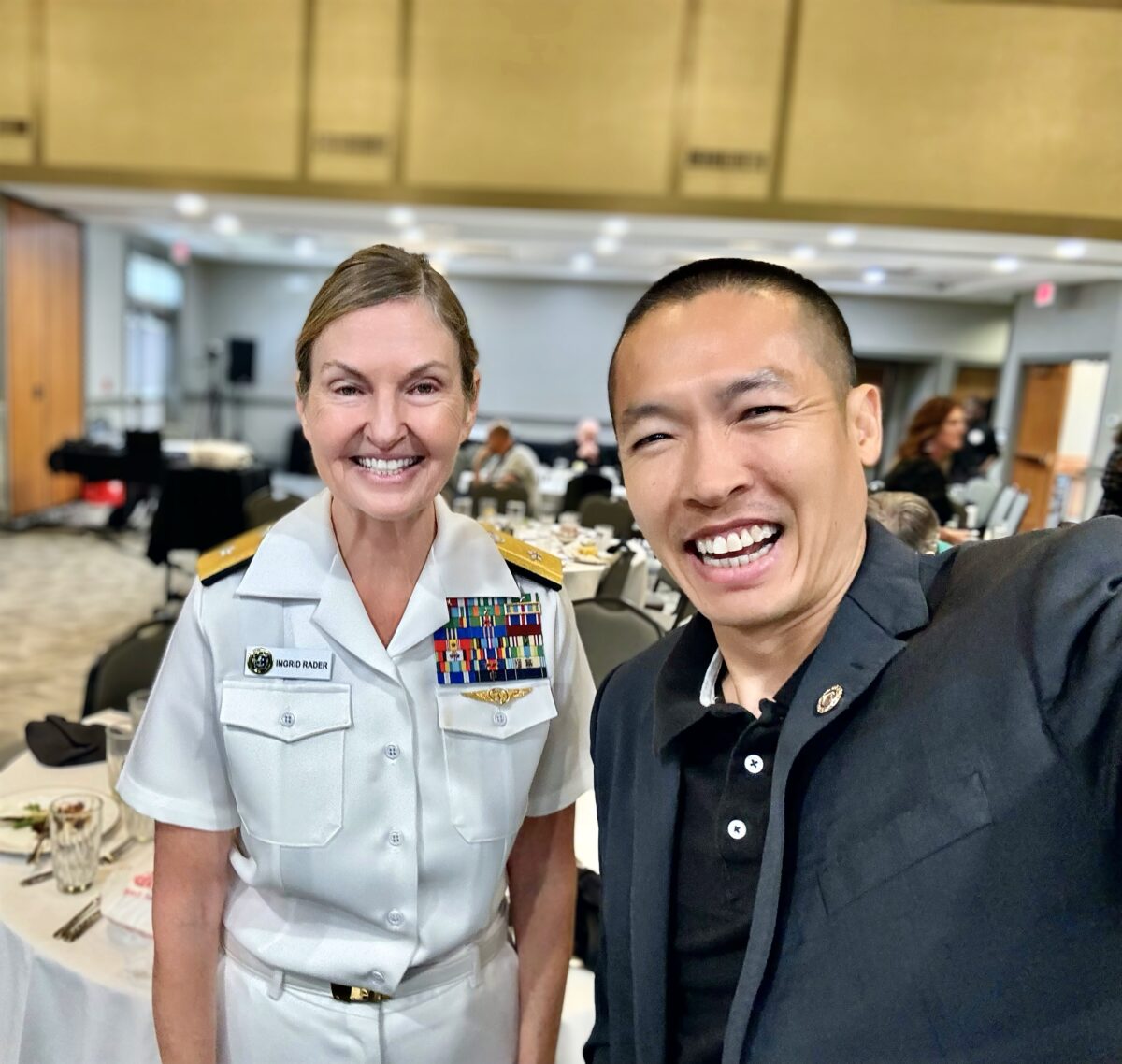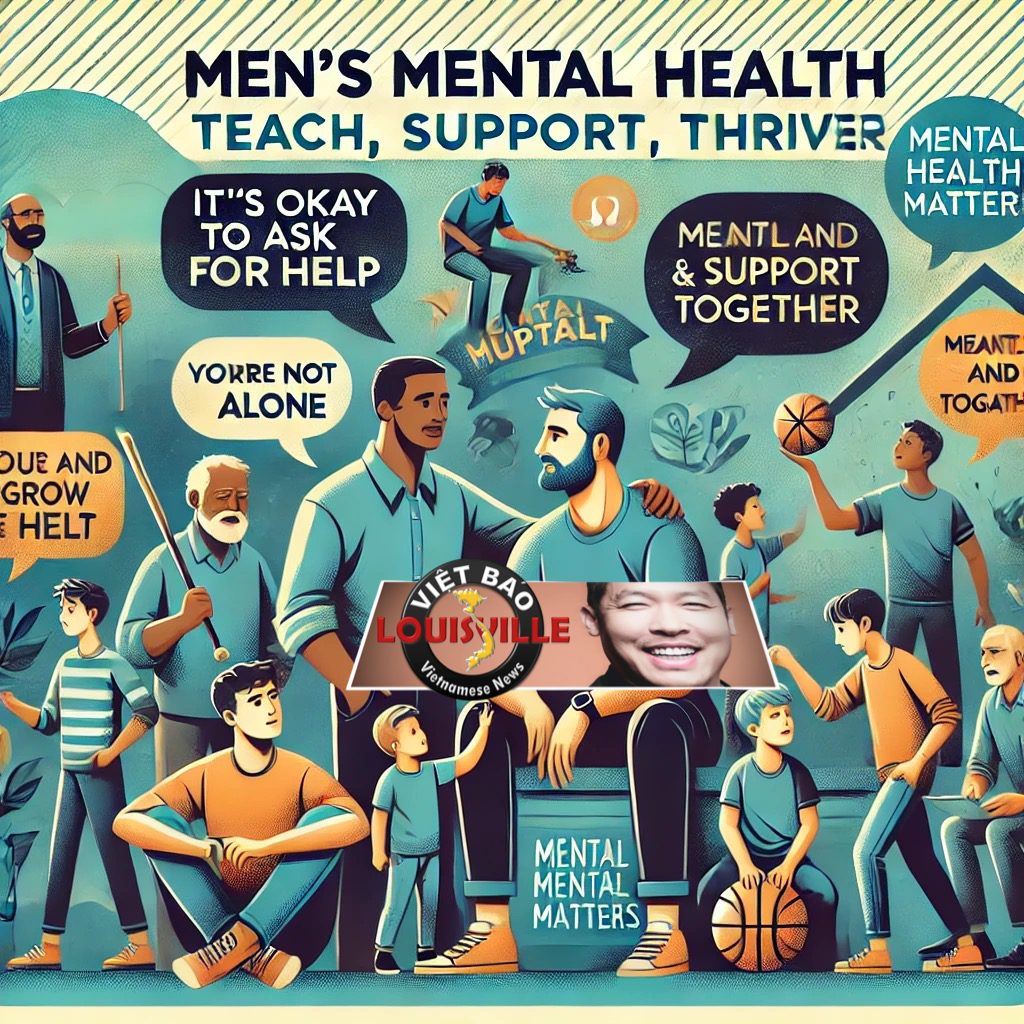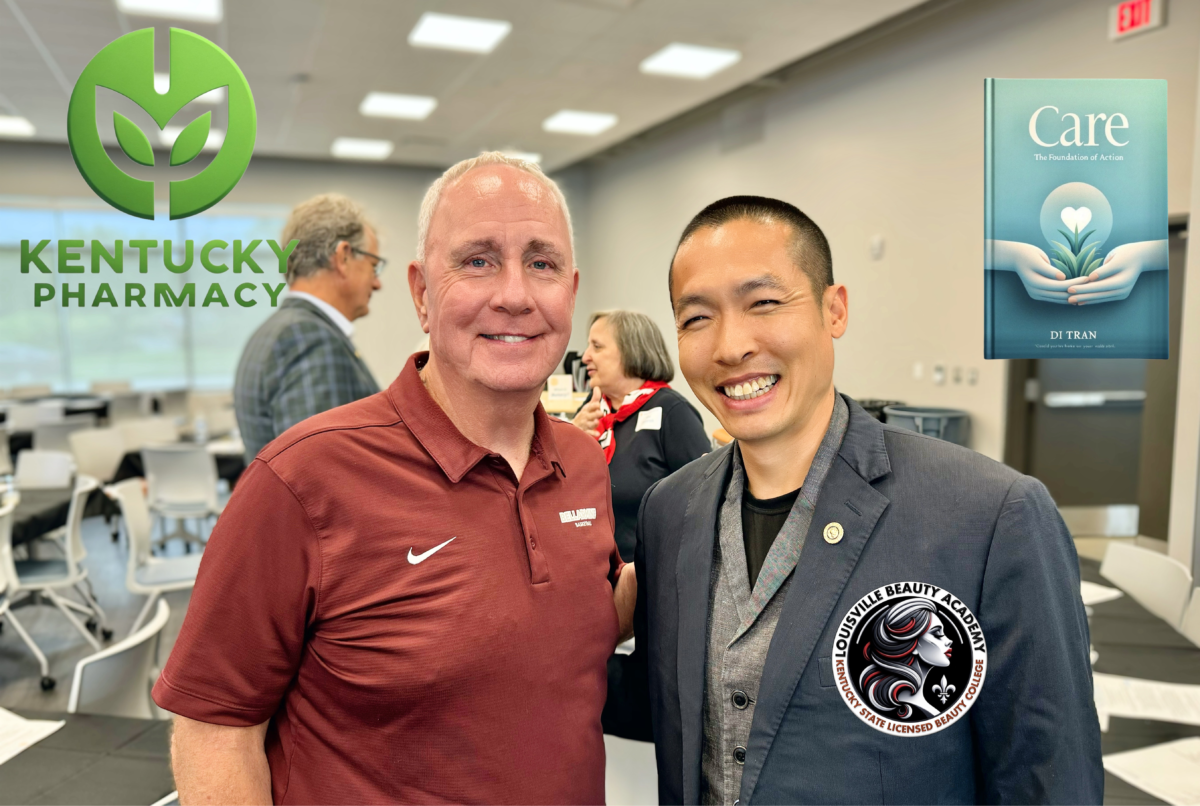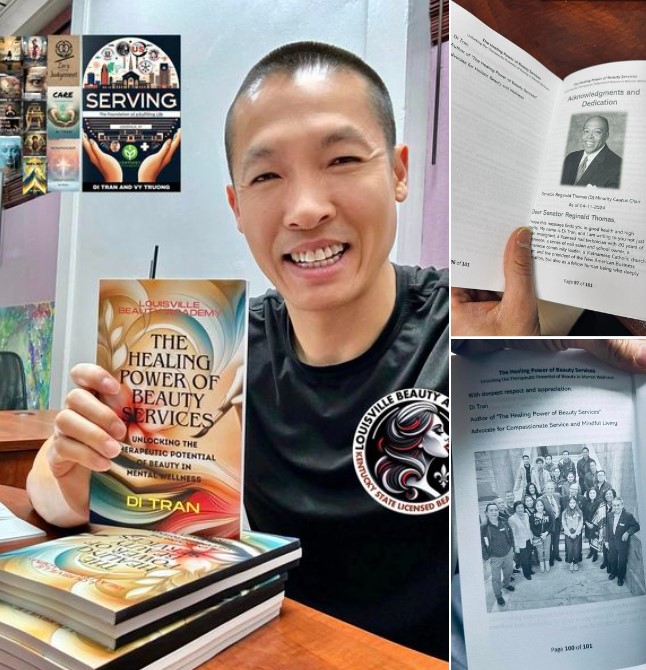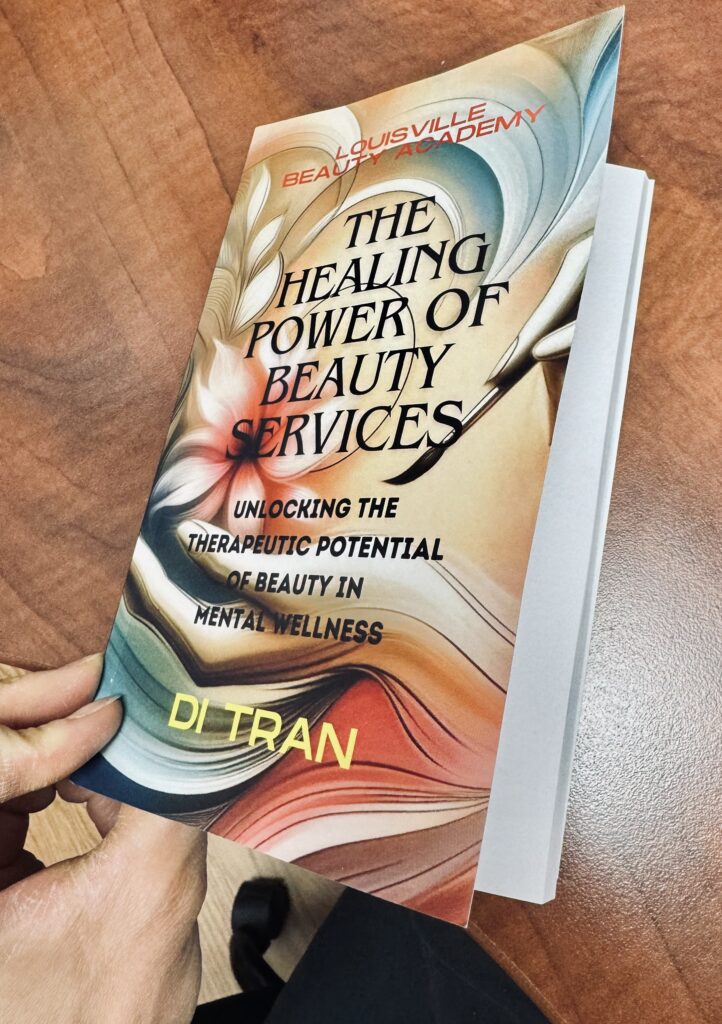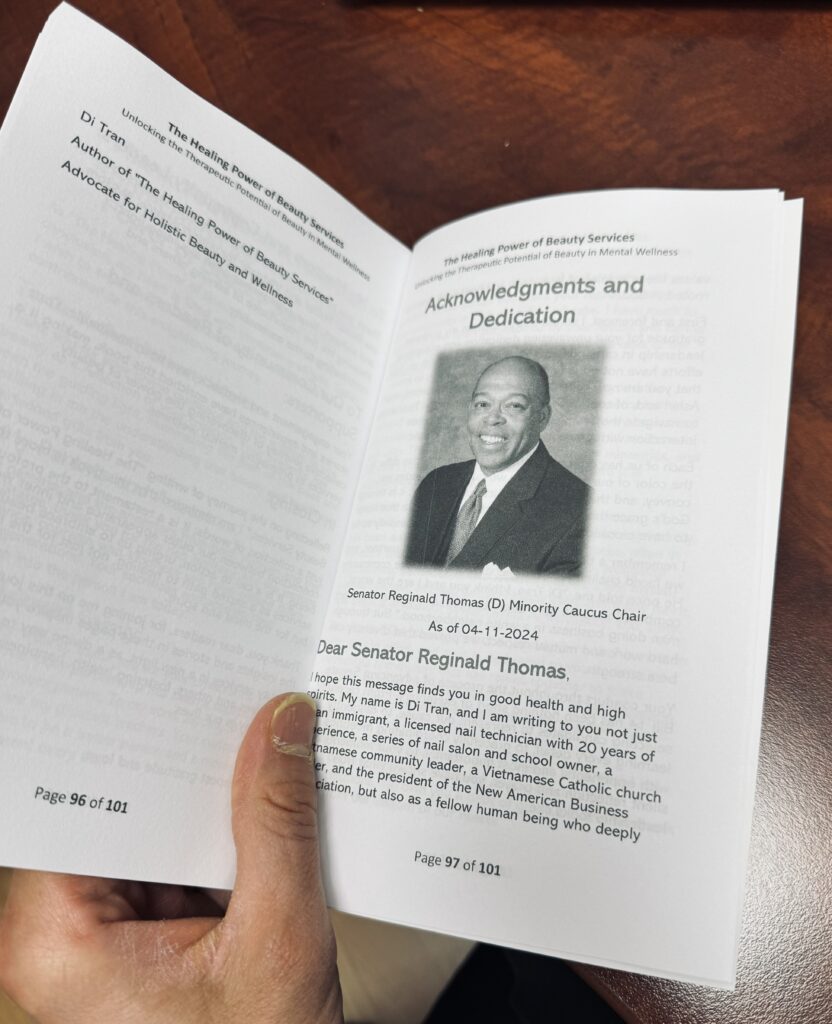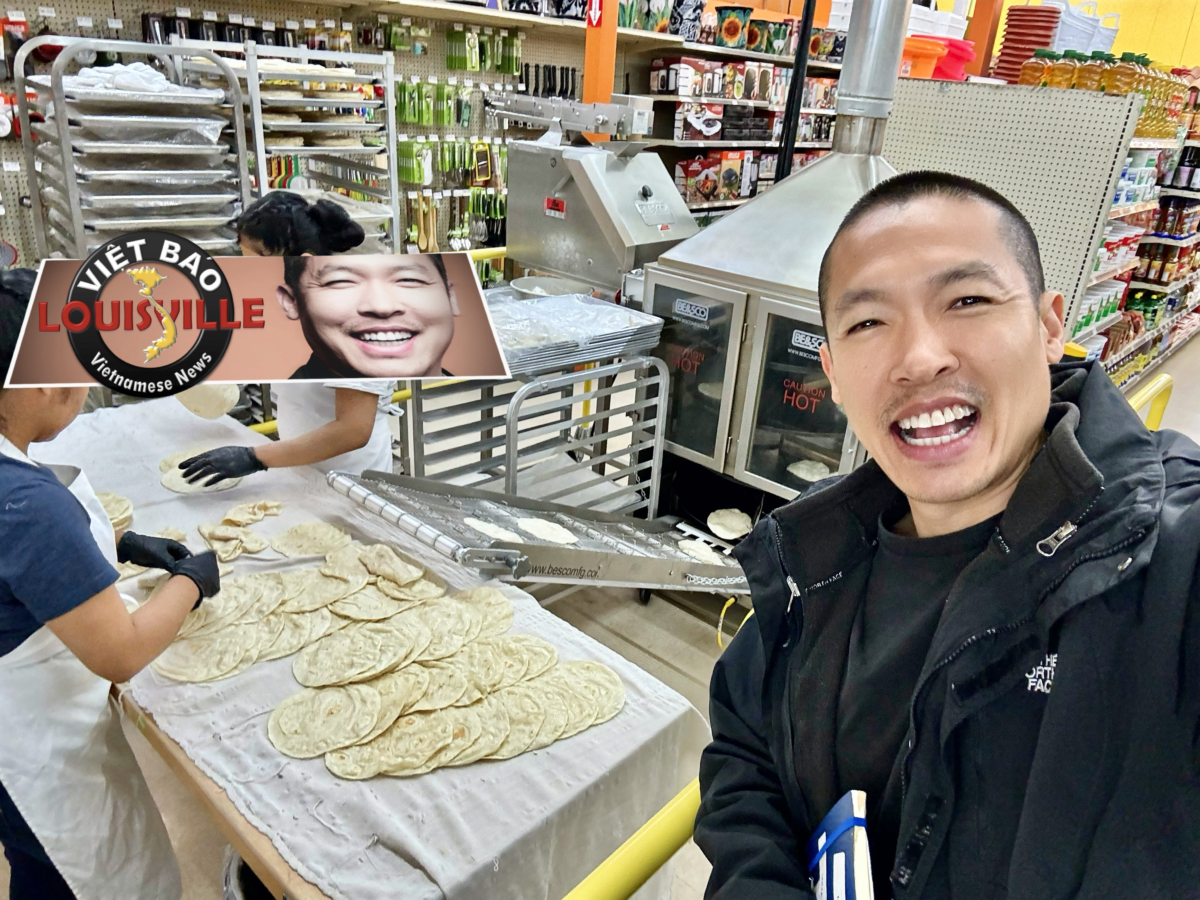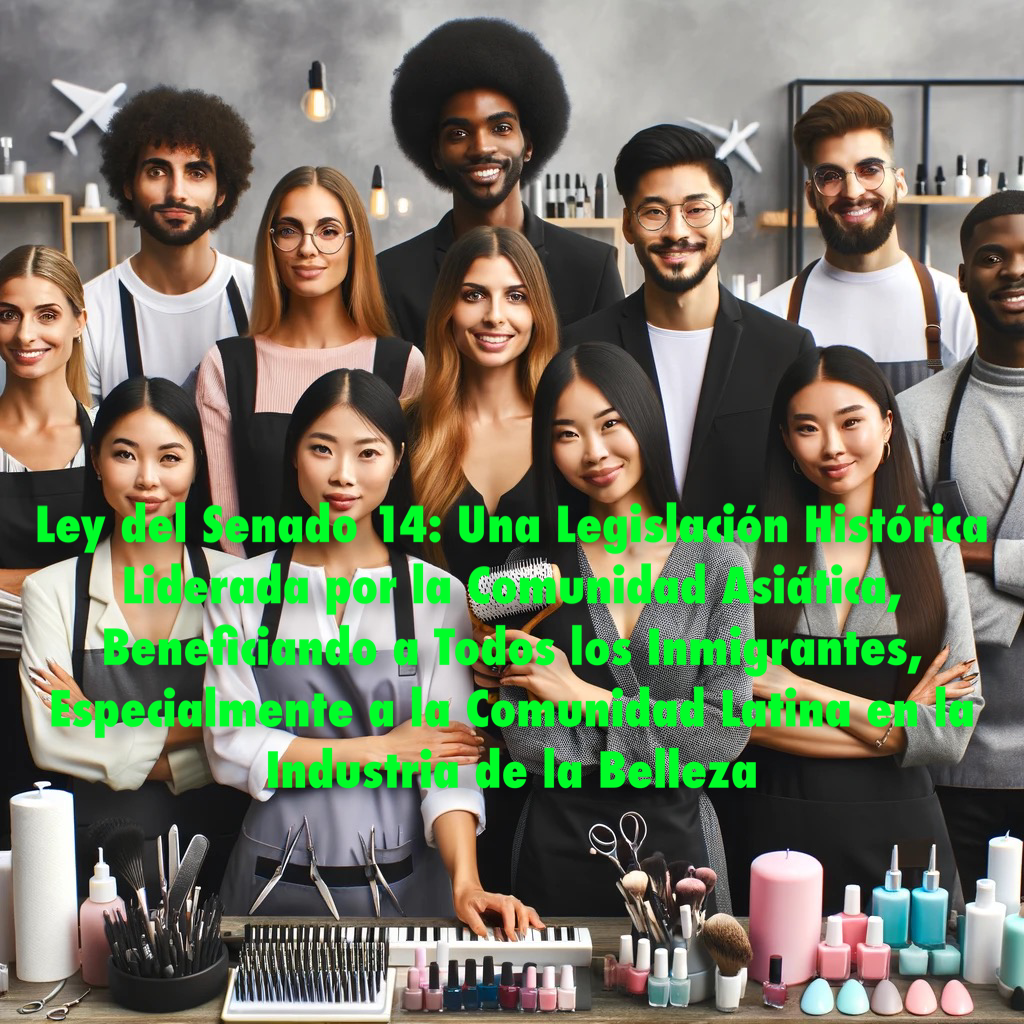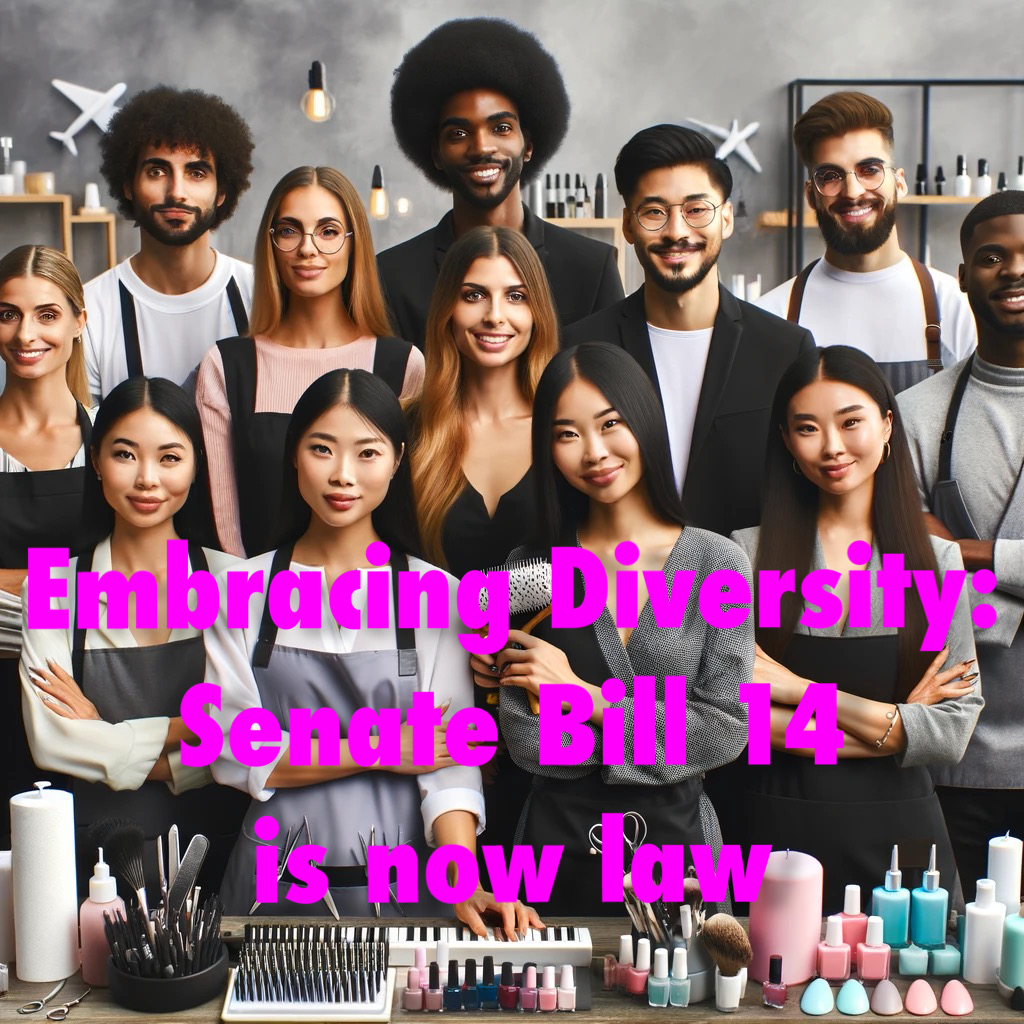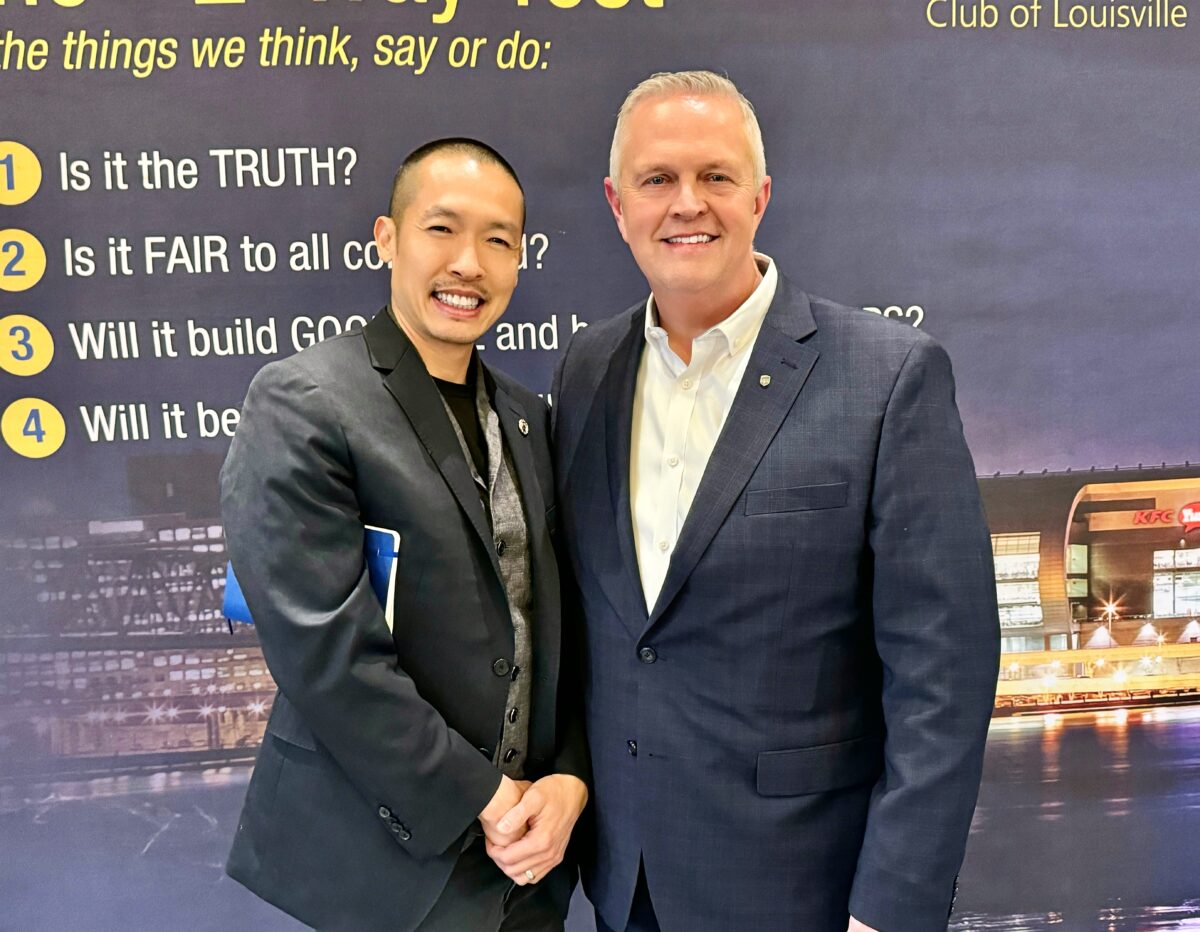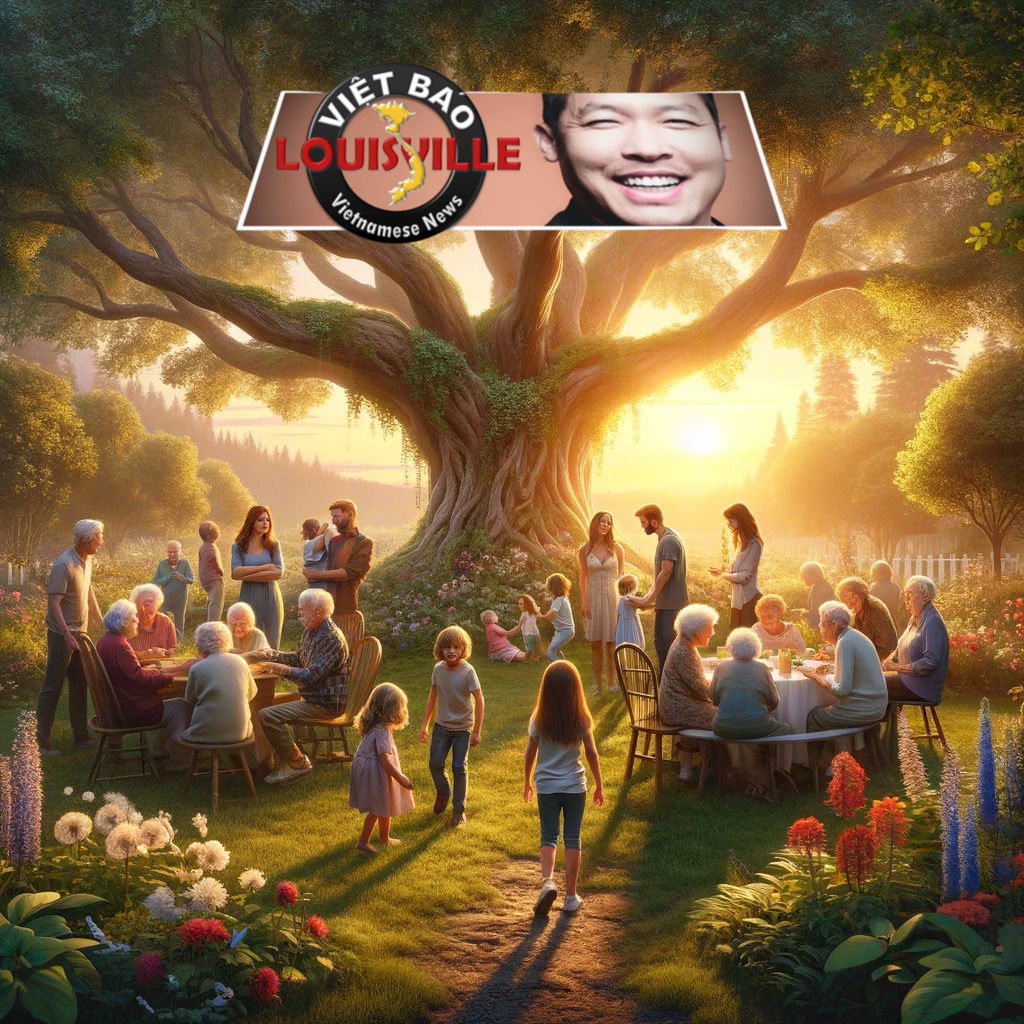In today’s interconnected world, the stability of global trade, economy, and security heavily depends on open and safe seas. The U.S. Navy, as a world-class maritime force, plays a central role in ensuring this stability. Rear Admiral Ingrid Rader, one of fewer than 170 flag officers in the U.S. Navy, emphasized this point during her recent talk at the Rotary Club of Louisville on September 19, 2024.
The Navy’s Global Mission
With over 25% of U.S. jobs tied to global trade, and a significant portion of manufacturing depending on exports, the safety and freedom of the seas are essential for economic prosperity. Rear Admiral Rader highlighted the Navy’s pivotal role in protecting undersea fiber-optic cables, which carry 95% of global internet traffic. Without the Navy’s protection, global communication and trade could face significant threats from adversaries .
In her presentation, Rader described the current hottest zone, the South China Sea, where tensions continue to rise due to territorial disputes. This is an area of strategic importance for global trade, with over $5 trillion in trade passing through its waters annually. The U.S. Navy’s presence in this region helps to maintain freedom of navigation and deter aggressive actions from rival nations, particularly China, whose territorial ambitions have historically challenged regional stability.
A Legacy of Service
Rear Admiral Rader also shared a deeply personal aspect of her journey, revealing that she is a second-generation German-American, and her mother had been an active member of the Rotary Club of Louisville. This connection between her family’s service in both civilian and military sectors demonstrates the close relationship between community service and military duty. Rader’s calm and modest demeanor, which she displayed during her speech, reflects a leader who understands the importance of humility in public service.
For Di Tran, a proud Vietnamese-American, her discussion about the South China Sea resonated strongly. Vietnam has faced territorial aggression from China for thousands of years, including ongoing disputes over islands and maritime boundaries. Tran, attending the event, expressed deep appreciation for Rader’s service to the United States, a country that he now calls home, while also feeling a connection to her focus on issues that impact his country of origin.
Service, Leadership, and Gratitude
Rear Admiral Rader’s career exemplifies the crucial balance of strength, leadership, and diplomacy required to safeguard global interests. Her role as one of a limited number of flag officers makes her part of an elite group of leaders shaping the future of naval operations globally. Her ability to deliver complex issues in a calm, clear, and approachable manner stood out to all those present, including Di Tran, who felt honored to witness such a distinguished leader in person.
Tran expressed special gratitude to the Rotary Club of Louisville for continuing to bring such inspirational speakers who embody both service and humility. As a Vietnamese-American and entrepreneur, Tran’s values align closely with the ideals of service that Rear Admiral Rader champions—defending peace, promoting stability, and contributing to the greater good.
In conclusion, the U.S. Navy’s dedication to maintaining global stability and fostering international peace through maritime power cannot be understated. Leaders like Rear Admiral Ingrid Rader are at the forefront of these efforts, ensuring that the sea remains a foundation for the world’s economy and safety.

